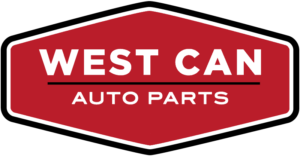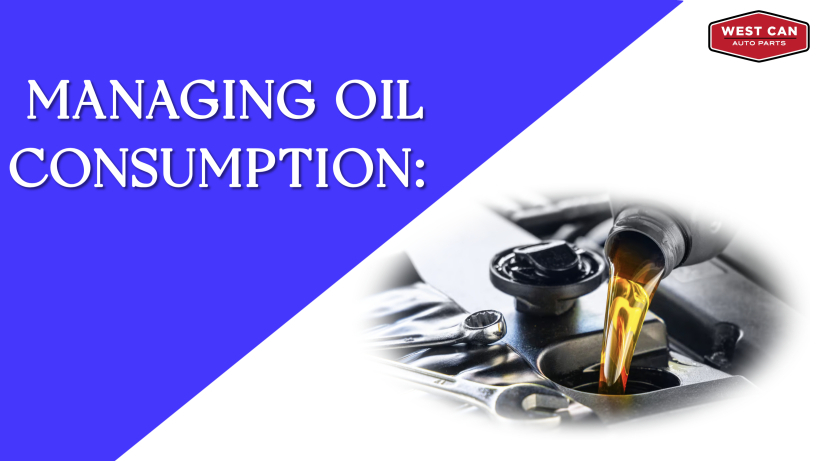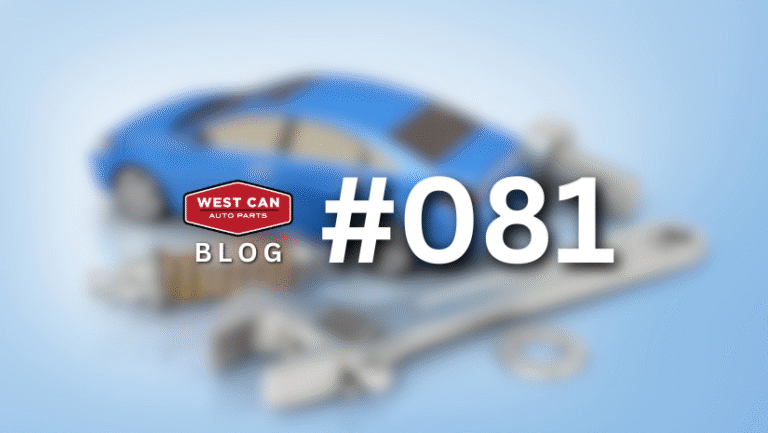Managing Oil Consumption: When It’s Normal and When to Take Action
Have you ever checked your vehicle’s oil levels between regular service intervals only to notice that some of it has vanished? Don’t panic just yet—this could be perfectly normal! As vehicles evolve, longer service intervals and advanced engine technologies have redefined oil consumption expectations. Understanding what’s normal versus what’s excessive is key. West Can Auto Parts is here to keep you informed and well-supplied with premium engine oils that ensure your vehicle runs smoothly and reliably.
Understanding Normal Oil Consumption
Every internal combustion engine needs oil to function, lubricating crucial components such as engine bearings, pistons, and cylinder walls. Some oil consumption is simply a byproduct of combustion, with thin layers burning away as pistons move. The rate of consumption can vary by engine design, driving habits, and vehicle make, making it critical to know your manufacturer’s guidelines.
For Example:
- GM considers one quart of oil per 2,000 miles normal for personal-use vehicles serviced correctly.
- Chrysler suggests one quart per 750 miles for engines with over 50,000 miles.
For some imports, one quart every 750 miles may also be considered normal. Aggressive driving, heavy towing, or extreme operating conditions can accelerate consumption—something to keep in mind.
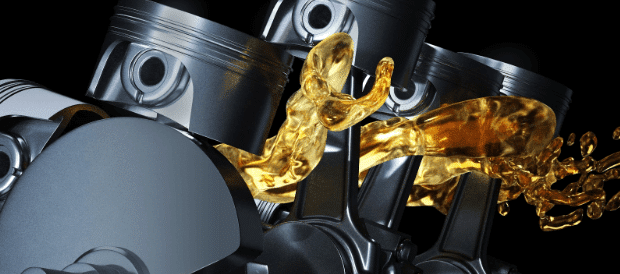
Selecting the Right Engine Oil
Using the right oil viscosity is crucial for maintaining film strength and protecting moving components. Incorrect oil can lead to component failure and increased consumption. A wide range of high-quality oils is available to meet your vehicle’s needs, ensuring the best protection and optimal performance. It is important to choose trusted brands that meet or exceed manufacturer specifications.

When to Investigate Excessive Oil Consumption
While some oil consumption is normal, excessive usage needs a closer look. For instance, 2018–2020 Ford F150 models with 5.0L engines may experience high intake manifold vacuum during certain events, leading to excessive oil consumption. In such cases, a factory solution like a PCM calibration update may be necessary. Always check for manufacturer-specific solutions before jumping to conclusions.
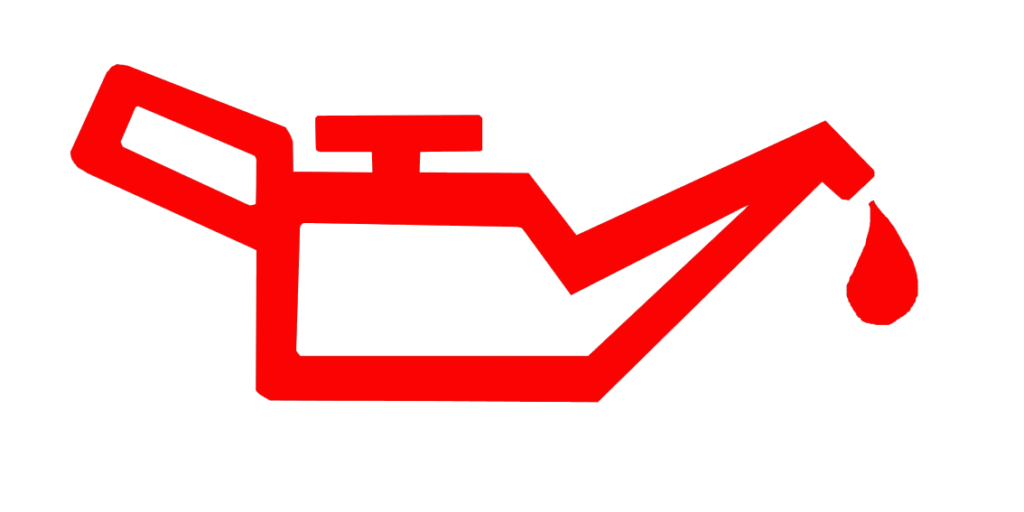
Basic Checks to Perform
Before considering any major repair, take these basic steps:
- Check for Leaks: Inspect the oil pan, valve covers, seals, and fittings for leaks.
- PCV System Functionality: A faulty PCV system can cause elevated oil consumption.
- Engine Temperature: Ensure the engine operates within normal temperature ranges, as overheating can cause oil issues.
- Proper Oil Levels: Double-check that you’re using the right oil amount and viscosity for your engine.
- Accurate Oil Readings: Give the oil 15 minutes to settle before checking levels on the dipstick.
Trust West Can Auto Parts for Quality Engine Oils

Whether your car’s oil consumption is normal or needs attention, you can count on West Can Auto Parts for high-quality engine oils that keep your engine protected and performing at its best. Our knowledgeable team is ready to guide you to the right product for your vehicle’s specific needs, maximizing engine life and reliability.
Visit West Can Auto Parts today to explore our extensive selection of premium engine oils and all the automotive parts you need to maintain your vehicle’s performance! Let us help you keep your engine running smoothly with the perfect oil solutions. Contact us now and keep your engine healthy and efficient.
